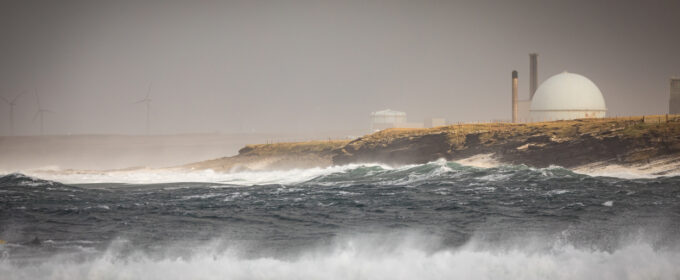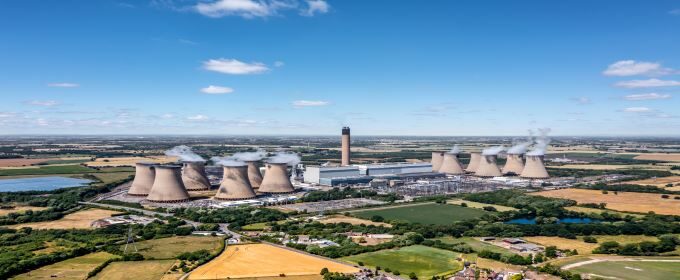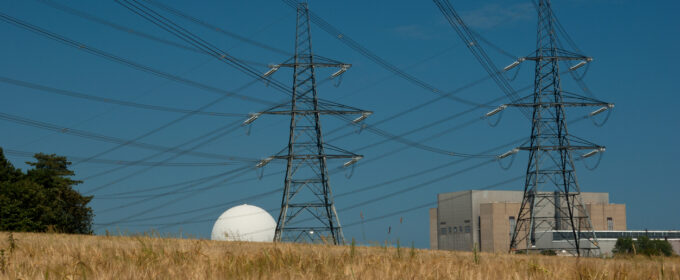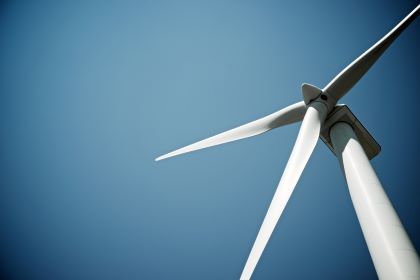A new national policy report has identified the graphene innovation ecosystem at Manchester as a regional hub for international partnership and investment. In this article, James Baker explores how this success demonstrates that research and development (R&D) investment into specialist regional clusters like Graphene@Manchester provides national government with an excellent return on investment as they […]









